Like Selma, Alabama was to the Civil Rights movement, Louisiana is to the environmental justice movement. LEAN maintains a Community Archive and Empowerment Center to preserve and honor the unique history of Louisiana’s community evolution.
For over 30 years, the Louisiana Environmental Action Network(LEAN) has empowered underserved communities to address challenges they face that threaten their health, safety, and quality of life. Much of this history goes untold and yet it speaks to the very heart of our society and democracy. Many of these struggles have led to the complete disappearance of communities and many of the heroes have passed and their stories have gone untold. Meanwhile, we continue to repeat these struggles at an increasing rate. It is up to us to honor these trailblazers and bring their hard-fought lessons into today’s conversation, where they are so desperately needed.
LEAN began building a "Community Archive" to document these historic challenges, honor the heroes and educate future leaders with their lessons. The archive is a collection of articles, photos, videos, audio interviews, maps and related documents all pertaining to community environmental challenges in Louisiana over the past 4 decades. Much of this material is organized into LEAN's Community Atlas which you can explore here. Additionally, this material is catalogued below. If you are interested in anything specific, please feel free to contact us and we will make sure you can find what you are looking for.
Community Displacement in LA
Up and down Louisiana’s River Road, small communities exist at the edges of large tracts of land. These communities often represent descendants of freed slaves that settled on the outskirts of the vast plantations they once labored on.
For many reasons, often a lack of local zoning or local authority, these residential communities find themselves adjacent to major industrial developments and the pollution and quality of life impacts that come with them. These conflicts have led to the complete displacement of communities, as documented in the map below. Historically, this displacement has come in the form of government or company funded “buy-outs” often in response to resident complaints and litigation. More recent examples show improvement as some companies have begun to preemptively offer voluntary relocation prior to conflicts while also considering increasingly equitable processes and fair compensation.
Women Pioneers of LA Environmental Movement Interviews
LEAN's Community Archive is extremely proud to partner with the T. Harry Williams Center for Oral History at Louisiana State University to showcase the extraordinary Women Pioneers of the Louisiana Environmental Movement. This book, by Peggy Frankland, is an amazing record of the women heroes that changed the history of their communities. The full audio interviews that form the basis of the book can he heard below.
*UNDER CONSTRUCTION* Active links coming soon
Related Audio Clips
-
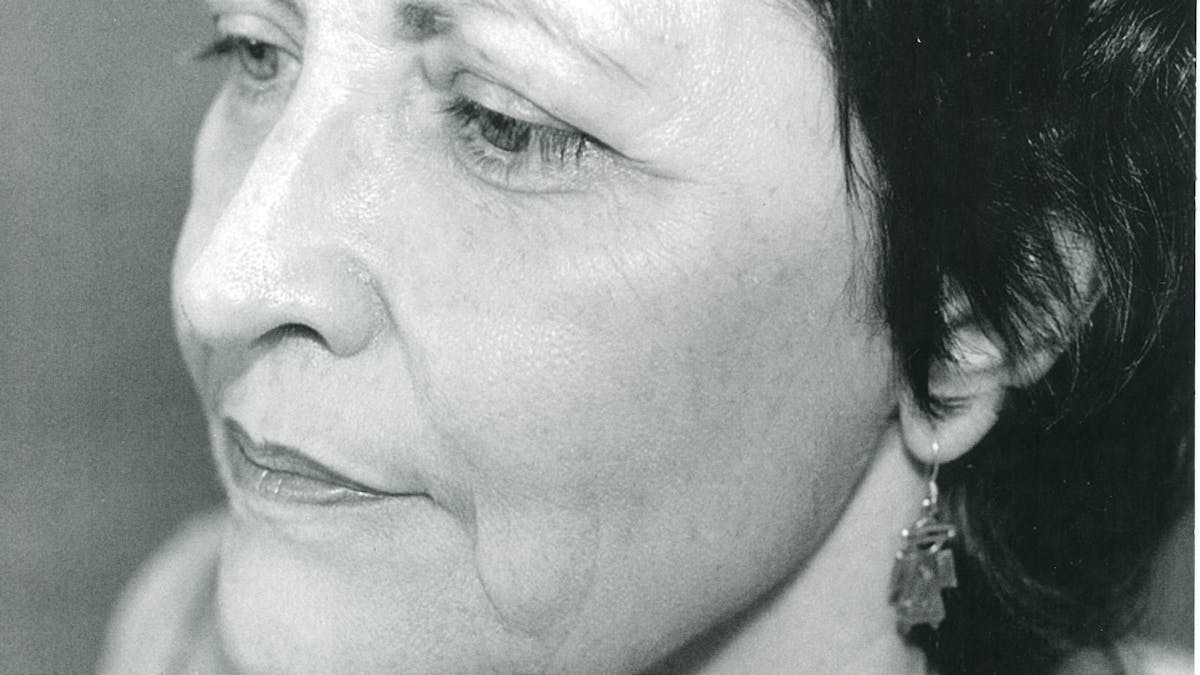
Janice Crador Interview
Janice Crador is a founding member of the Concerned Citizens Committee (CCC), established in 1986, after a landfarm and injection well was proposed by a company already operating several open oilfield waste pits and injection wells in her community since the 1970s. The school where Janice worked as a secretary was already experiencing problems with the drinking water before the expansion proposal. She and others believed that the waste site located near the community water well could be the culprit. Concerned about the possibility of an expansion, she and twenty other citizens from the area organized and went door-to-door passing a petition to oppose the company’s permit application collecting 498 signatures with only 852 registered voters in the area. She and her group were instrumental in the facility not receiving a permit to expand, and the eventual closure of the business. Janice lost her home during hurricane Rita, but she and her husband Robert rebuilt and continue to live in Grand Lake. Audio interview with Janice Crador for Women Pioneers of the Louisiana Environmental Movement by Peggy Frankland, conducted by Jennifer A. Cramer, Director of the T. Harry Williams Center for Oral History. Copyright: Louisiana State University Special Collections. -
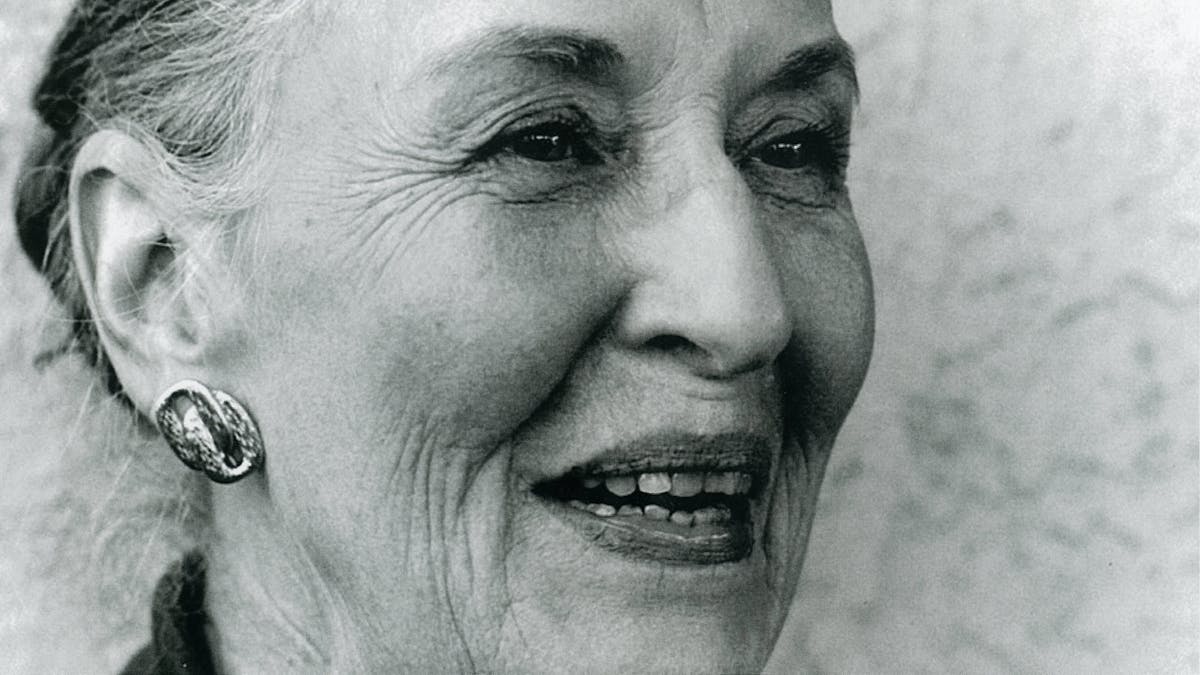
Marietta Herr Interview
Marietta Herr started her activism in 1971 when she became the environmental chairperson for the New Orleans League of Women Voters. One of the first issues she worked on as the chairperson was coastal erosion bringing the issue to the attention of both state and national public officials. She was also involved in the creation of Mayor Dutch Morial’s “environmental breakfasts.” An issue the group addressed and won was preventing gypsum from being dumped into the Mississippi River. She and her co-hart Mildred Fossier were also instrumental in preserving Bayou Sauvage—the largest urban wildlife refuge in the United States. She also successfully worked to have more than three thousand acres added to the Jean Lafitte National Historical Park and Preserve. She has been active for over fifty years in the League of Women Voters. She is currently the chairman of the Deutschef House Diamond Chor. Audio interview with Marietta Herr for Women Pioneers of the Louisiana Environmental Movement by Peggy Frankland, conducted by Jennifer A. Cramer, Director of the T. Harry Williams Center for Oral History. Copyright: Louisiana State University Special Collections. -
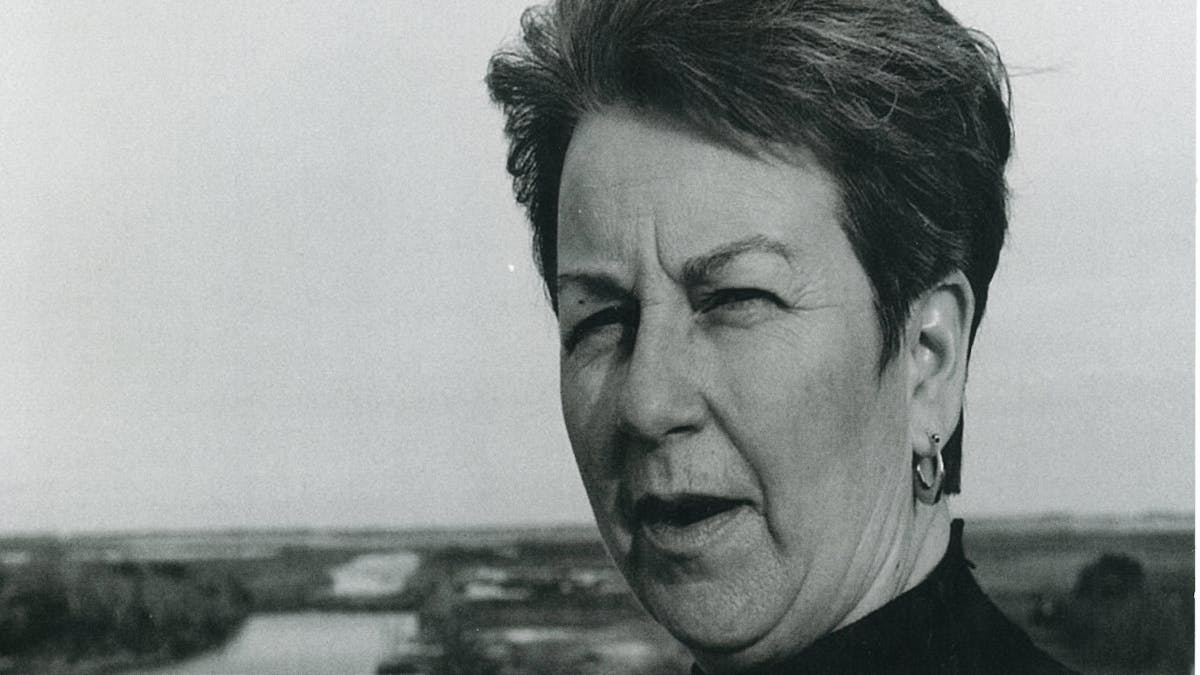
Mary Ellender Interview
Mary Ellender began her journey as a spokesperson for the environmental movement in the early 1980s, when a chemical waste company located two miles from her home wanted to barge toxic waste through the Calcasieu Ship Channel to their facility. She organized her community and they were successful in defeating the company’s proposal. Mary was also instrumental in blocking the same company from building a commercial hazardous waste incinerator to burn PCBs. Through her continued leadership, two abandoned hazardous waste sites in Calcasieu Parish: Pit #1 and Pit #2 were ordered cleaned up, and fifteen homes located near the two pits being bought out and the citizens relocated. She also helped conduct a citizen-based study of the people living near the BFI/Willow Springs facility. Mary has served on many local and state environmental committees. Today, Mary is an interior designer working with her husband in his architectural firm. She recently retired as a board member of the Calcasieu Waterworks District in her community where she served for twenty five years. Audio interview with Mary Ellender for Women Pioneers of the Louisiana Environmental Movement by Peggy Frankland, conducted by Jennifer A. Cramer, Director of the T. Harry Williams Center for Oral History. Copyright: Louisiana State University Special Collections. -
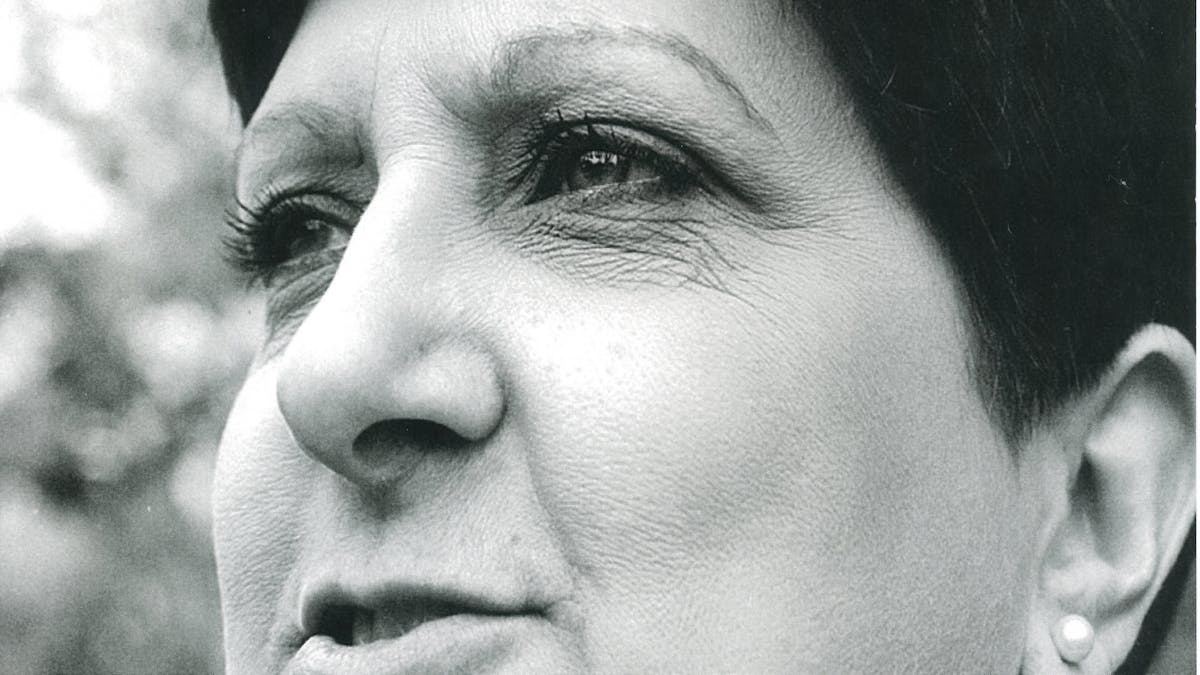
Kay Gaudet Interview
Kay Gaudet’s drugstore in Saint Gabriel became a focal point for community activism in the late 1980s. One of the first issues she worked on was the Spanish Lake solid waste landfill proposal. The permit was denied thanks to the work of Kay and other activists in the area. Although she worked on a number of issues, she is best known for collecting data about the high miscarriage rates in her community. She gained the attention of state, local and national media bringing the miscarriage issue to the forefront. In 1986, she was invited to Washington, D.C., to observe the Clean Air Action Committee hearings. She was also featured on the Oprah Winfrey TV show addressing the high ratio of miscarriages in her parish. Today, Kay is retired but continues with her health care consulting work. Her volunteer work includes: St. Vincent De Paul Dining Room; Baton Rouge Recreation and Parks Commission; Life Limb Foundation raising money for children diagnosed with fibular hemimelia providing alternatives to amputation. Audio interview with Kay Gaudet for Women Pioneers of the Louisiana Environmental Movement by Peggy Frankland, conducted by Jennifer A. Cramer, Director of the T. Harry Williams Center for Oral History. Copyright: Louisiana State University Special Collections. -
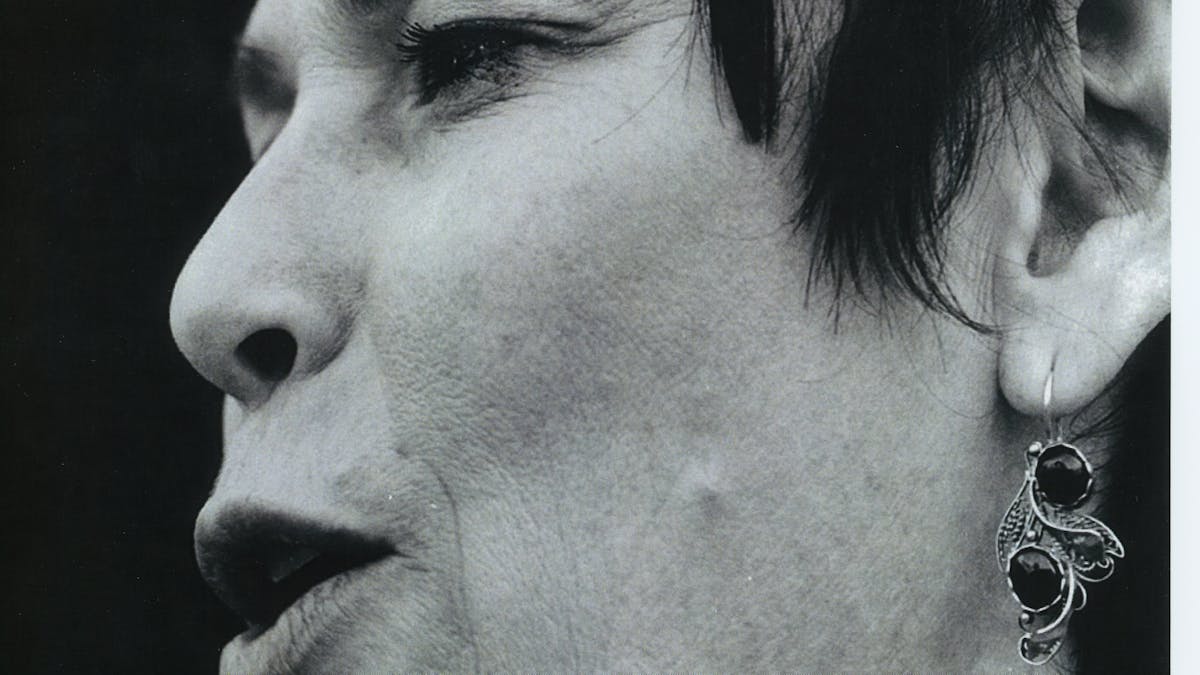
Linda King Interview
Linda King started her activism in Nitro, West Virginia, because of serious health issues she and her children experienced and she believed were caused by environmental pollution. Starting at a grassroots level taught her vital lessons about empowering people, lessons she realized she could share with the people of Louisiana when she moved here in the 1980s. She organized the first citizen’s conference held in New Orleans on health issues related to the environment. In 1989, she founded the Environmental Health Network (EHN), to assist communities, injured workers, and individuals with exposures to toxins. She is a certified mediator for EHN, helping groups learn negotiation and conflict resolution skills. She is the author of Chemical Injuries in the Courts: A Litigation Guide for Clients and Their Attorneys, helped publish a report to Congress called “Inconclusive by Design: Waste, Fraud, and Abuse in Federal Health Research.” Today, after getting a Masters in International Law and Human Rights, and teaching for eight years she is currently doing large family education projects throughout the United States. Audio interview with Linda King for Women Pioneers of the Louisiana Environmental Movement by Peggy Frankland, conducted by Jennifer A. Cramer, Director of the T. Harry Williams Center for Oral History. Copyright: Louisiana State University Special Collections. -
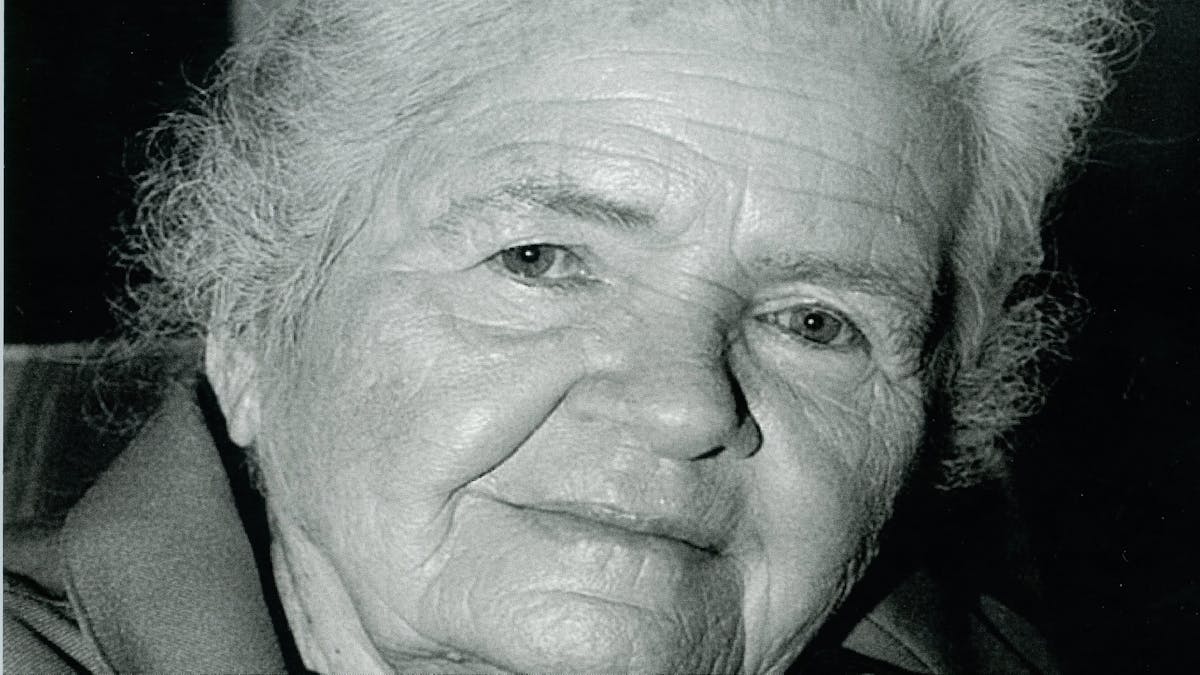
Jessie Price Interview
An unlikely environmental activist, Jessie Price, waged a battle at age sixty-five, against a paper mill that she believed was polluting the Little River. She was also concerned when she learned that the city of Ruston was also discharging sewerage into Little River. Some people give Jessie credit for the city of Ruston building a modern sewage plant. At age 69, she decided to run for public office on an environmental platform. Although she didn’t win, she considered her loss a victory because it brought attention to her concerns for river pollution. Jessie remained an outspoken advocate for Little River until her death in 2003, at the age of 83. Audio interview with Jessie Price for Women Pioneers of the Louisiana Environmental Movement by Peggy Frankland, conducted by Jennifer A. Cramer, Director of the T. Harry Williams Center for Oral History. Copyright: Louisiana State University Special Collections. -
Miriam Price Interview
When Miriam Price and Helen Solar’s granddaughter Nicole Price was diagnosed with cancer in the 1980s, Miriam was concerned but didn’t think there was anything she could do about the situation. However, when doctors at Ochsners in New Orleans asked the family if the children in the area played on a landfill, and informed them there were five children in St. Mary Parish with the same cancer—neuroblastoma, Miriam turned her concern into action. When she returned home from Ochsners and learned that Marine Shale located in Morgan City, was incinerating hazardous waste (creosote) without a permit, she decided she had to do something. She spent many years attending local and state public hearings and testifying against the company. Although Nicole lost her fight to cancer in 1997, she lived long enough to see the facility closed. Today, Miriam and her husband Merlin are enjoying traveling and spending time with their other grandchildren and great grandchildren. Audio interview with Miriam Price for Women Pioneers of the Louisiana Environmental Movement by Peggy Frankland, conducted by Jennifer A. Cramer, Director of the T. Harry Williams Center for Oral History. Copyright: Louisiana State University Special Collections. -
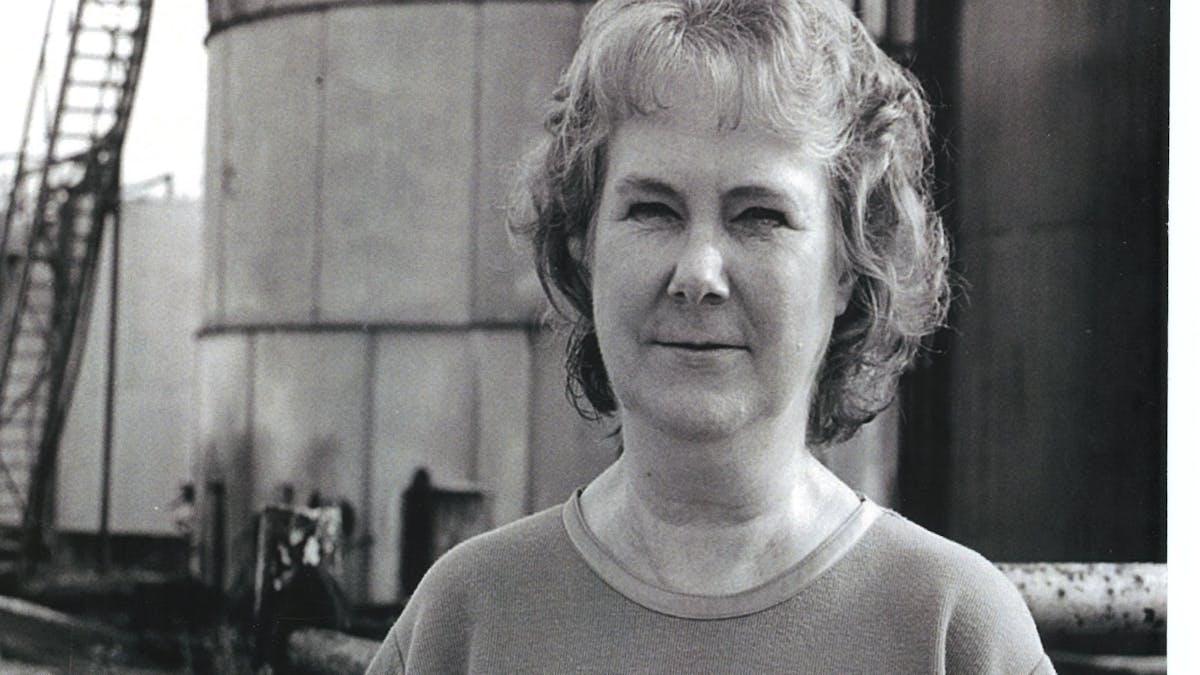
Wilma Subra Interview
Wilma Subra, a scientist and owner of Subra Company, is widely viewed as a hero in many Louisiana communities. Wilma has shown countless citizens how to use technical data to navigate state and federal regulatory systems. She has served on many regional, state, and national advisory committees such as: A seven year term as Vice-Chair of the Environmental Protection Agency National Advisory Council for Environmental Policy and Technology (NACEPT), a five year term on the National Advisory Committee of the U.S. Representative to the Commission for Environmental Cooperation and a six year term on the EPA National Environmental Justice Advisory Council (NEJAC) where she served as a member of the Cumulative Risk and Impacts Working Group of the NEJAC Council and chaired the NEJAC Gulf Coast Hurricanes Work Group. In 2011, she chaired the Environmental Protection Agency Technical Workshop for the Hydraulic Fracturing Study on Chemical and Analytical Methods. She participated in the EPA Technical Roundtables on Water Acquisition, Chemical Mixing, and Well Injection in November 2012. She co-chaired the EPA Analytical Chemical Methods Workshop in February 2013. Wilma has also received many award including a 1999 MacArthur Foundation Genius Award for her efforts on behalf of the environment. Audio interview with Wilma Subra for Women Pioneers of the Louisiana Environmental Movement by Peggy Frankland, conducted by Jennifer A. Cramer, Director of the T. Harry Williams Center for Oral History. Copyright: Louisiana State University Special Collections. -
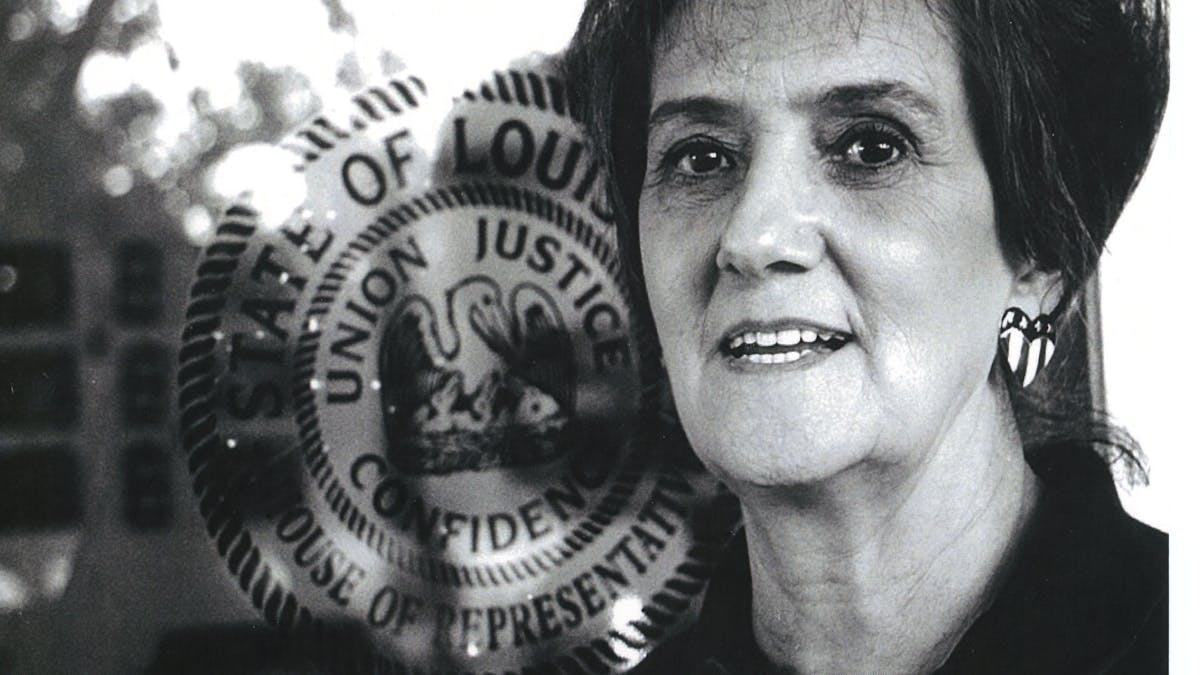
Clara Baudoin Interview
Clara Baudoin is a founding member of Save Our Homes and Land (SOHL), a grassroots organization formed to address the city of Lafayette’s proposal to expand the North Dugas municipal solid waste landfill by hundreds of additional acres. Clara and her co-hart Florence Gossen sued the city of Lafayette and were successful in the defeat of the expansion. Clara has held local and state offices for the League of Women Voters as a spokesperson on solid waste, oilfield waste, and injection wells. She helped revise the solid waste regulations for the state of Louisiana, and was appointed to the Louisiana Resource Recovery Development Board, which approved all landfills in the state. She credits her involvement in the environmental movement to her successful run for public office where she served three terms in the Louisiana House of Representatives from 1996-2008. Audio interview with Clara Baudoin for Women Pioneers of the Louisiana Environmental Movement by Peggy Frankland, conducted by Jennifer A. Cramer, Director of the T. Harry Williams Center for Oral History. Copyright: Louisiana State University Special Collections. -
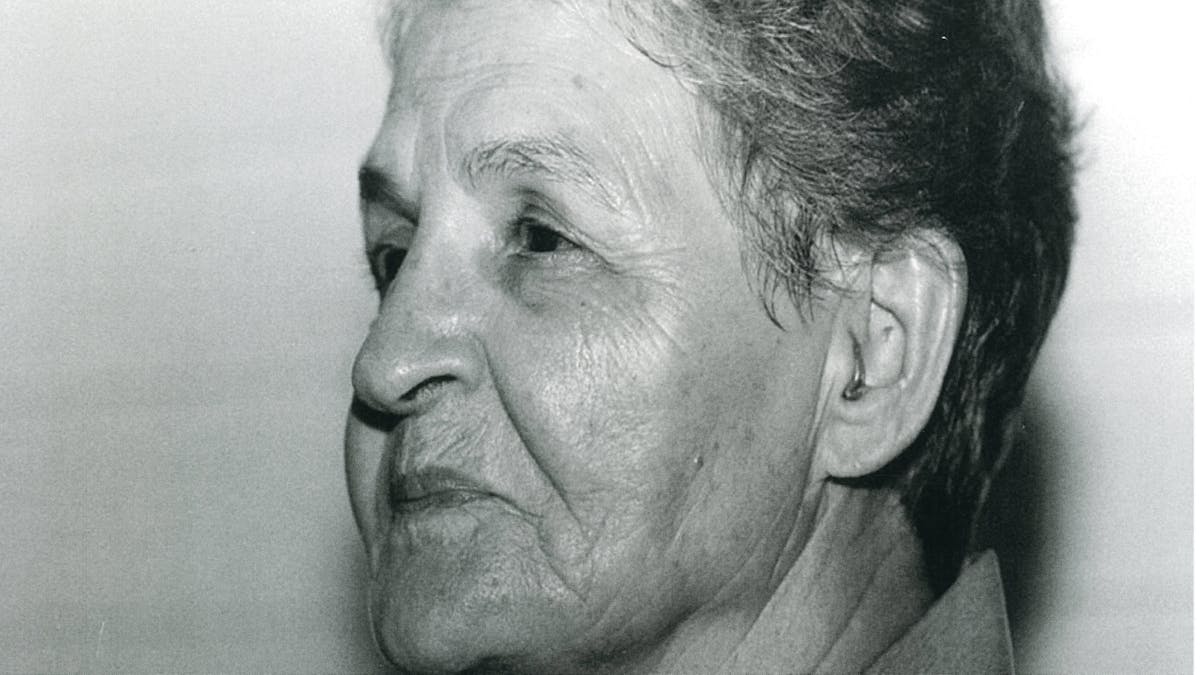
Mary Brasseaux
Mary Brasseaux became involved in the environmental movement in the 1980s when she began to notice severe health problems developing among members of her small neighborhood. At the time she had been battling cancer for twenty years. Mary believed the health issues she and her neighbors were experiencing stemmed from environmental pollution, possibly due to aerial pesticide application used by farmers in the area. In 1988, indignant about plans to build a medical waste incinerator facility within the city limits of Crowley, Mary and other concerned citizens in her community got involved by passing petitions, and attending public meetings. Through their efforts they stopped the company from getting a permit to incinerate medical waste. She then led a successful campaign in opposition to the expansion of Laidlaw, a hazardous waste processing facility a few miles from Crowley. The facility was closed in 1990. She was a founding member of Help Our Polluted Environment Incorporated (HOPE). Sadly, Mary lost her long battle with cancer in July, 2012. Audio interview with Mary Brasseaux for Women Pioneers of the Louisiana Environmental Movement by Peggy Frankland, conducted by Jennifer A. Cramer, Director of the T. Harry Williams Center for Oral History. Copyright: Louisiana State University Special Collections. -
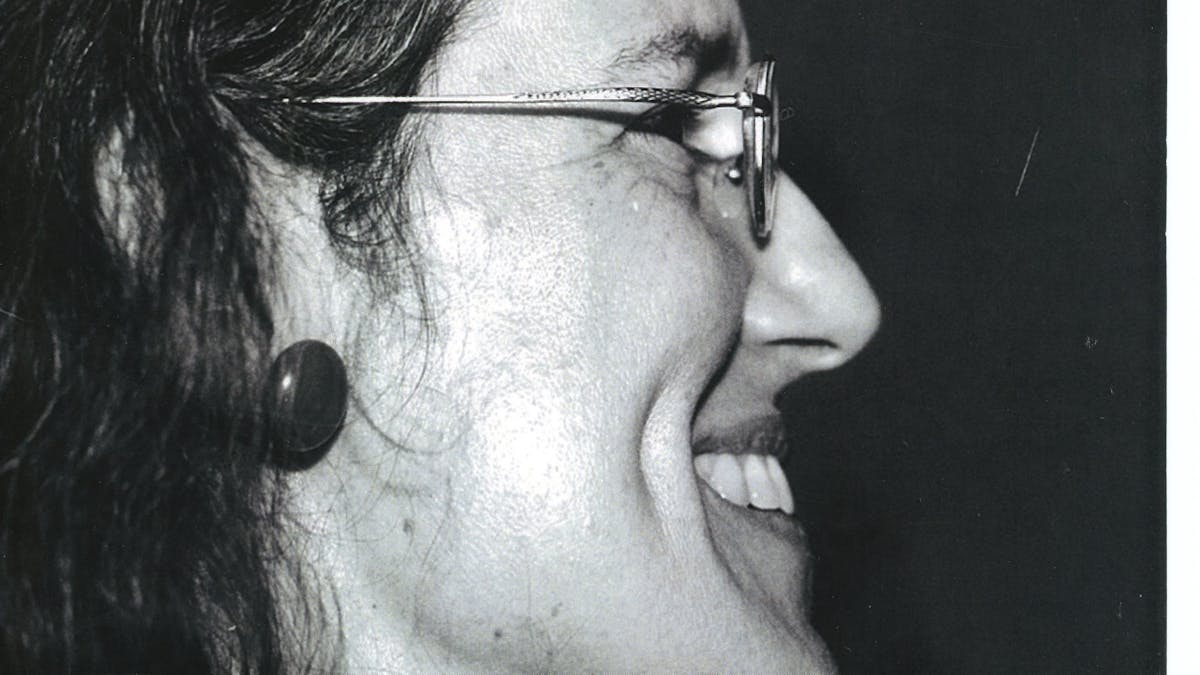
Audrey Evans Interview
Audrey Evans is well known for her work as a Community Outreach Coordinator for the Tulane Environmental Law Clinic, during the 1990s. She provided numerous communities and leaders in Louisiana with technical and legal assistance, and traveled extensively in support of their efforts, on issues ranging from industrial toxics and agricultural chemicals to historic preservation and coastal erosion. Since then, she has worked with LSU and UNO on housing issues, and has been an independent residential energy efficiency consultant based in New Orleans, helping to develop the home performance industry, most recently through education for air-conditioning contractors. Audio interview with Audrey Evans for Women Pioneers of the Louisiana Environmental Movement by Peggy Frankland, conducted by Jennifer A. Cramer, Director of the T. Harry Williams Center for Oral History. Copyright: Louisiana State University Special Collections. -

Gay Hanks Interview
Gay Hanks started her environmental activism in Kaplan, Louisiana in 1978 after her young daughter Angelia was diagnosed with leukemia and doctors at St. Jude Hospital informed her that they were seeing too many young cancer patients from her area. After Angelia lost her battle with cancer, Gay an unlikely activist, armed with a sense of urgency, founded the Vermilion Association to Protect the Environment (VAPE) to address environmental issues in her parish. She was successful in closing down all of the oilfield waste sites (55 identified by DEQ) in Vermilion Parish and proved instrumental in placing three of the sites on the Superfund list. Gay also helped research and rewrite regulations governing oil and gas exploration and development, giving special attention to the safe disposal of oilfield waste in the state. In 2002, Gay relocated to Scott, Louisiana where she now resides. She is enjoying spending time with her grandchildren and great grandchildren. Audio interview with Gay Hanks for Women Pioneers of the Louisiana Environmental Movement by Peggy Frankland, conducted by Jennifer A. Cramer, Director of the T. Harry Williams Center for Oral History. Copyright: Louisiana State University Special Collections. -
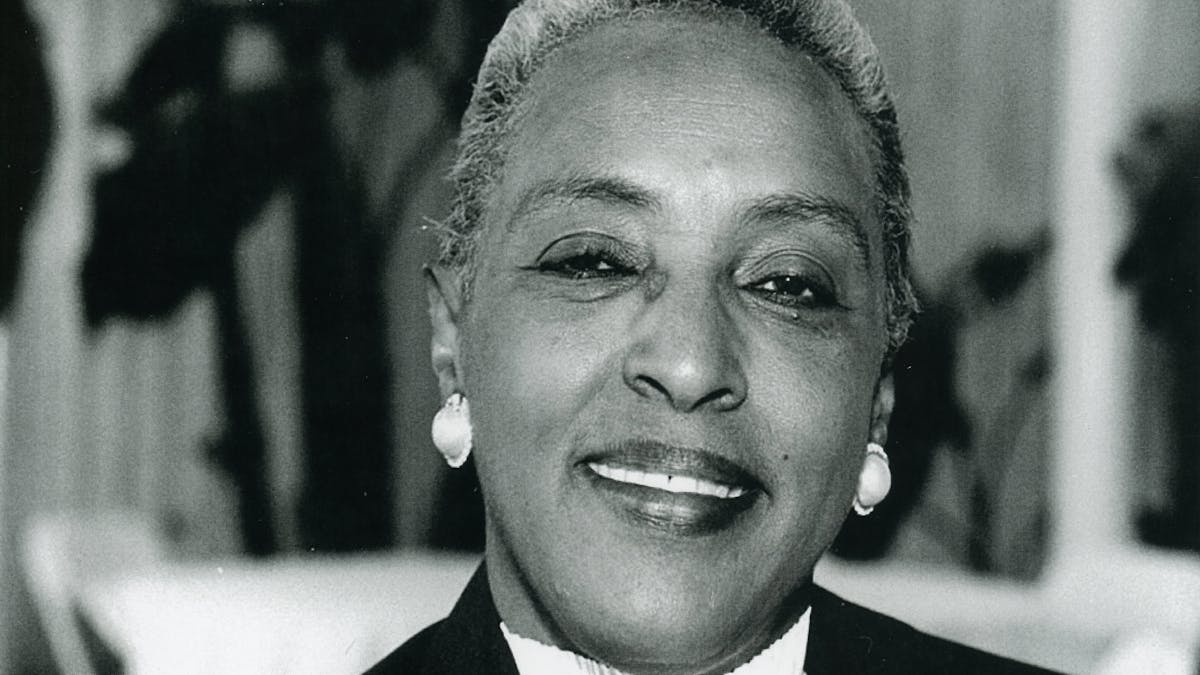
Rose Jackson Interview
Rose Jackson worked especially hard for the protection of Oakville, Louisiana, a centuries-old majority African American community located three blocks from the Mississippi River in Plaquemines Parish. She founded the Oakville Community Action Group and, with her neighbors successfully stopped Industrial Pipe from building a pit burner incinerator at their facility. Rose served for many years on the Louisiana Environmental Action Network(LEAN) Board of Directors, and has assisted other communities in organizing. Rose’s home was flooded and severely damaged during Hurricane Katrina, but she still remains in the small community volunteering at her church and enjoying spending time with her grandchildren. Audio interview with Rose Jackson for Women Pioneers of the Louisiana Environmental Movement by Peggy Frankland, conducted by Jennifer A. Cramer, Director of the T. Harry Williams Center for Oral History. Copyright: Louisiana State University Special Collections. -
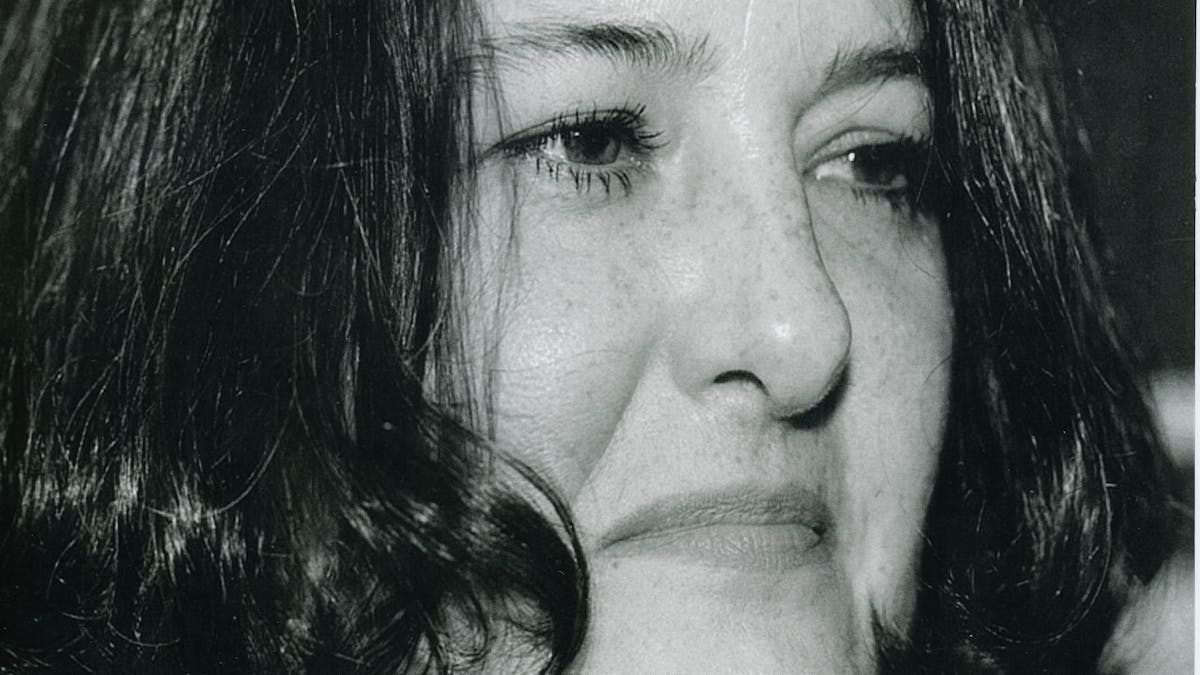
Les Ann Kirkland
Les Ann Kirkland joined her friend and cousin Liz Avants in 1986, to start the environmental group Alliance against Waste and Action to Restore the Environment (AWARE). The group was formed when Dow Chemical applied for a permit to operate a commercial hazardous waste incinerator in their community. The women were successful in the defeat of the incinerator. Les Ann was also a founding member of Louisiana Environmental Action Network, Inc. (LEAN) and served as secretary for the organization’s first two years. She also worked with Kay Gaudet to defeat the Spanish Lake solid waste landfill proposal in her community. In the late 1980s Les Ann traveled extensively as an environmental ambassador for Louisiana. Audio interview with Les Ann Kirkland for Women Pioneers of the Louisiana Environmental Movement by Peggy Frankland, conducted by Jennifer A. Cramer, Director of the T. Harry Williams Center for Oral History. Copyright: Louisiana State University Special Collections. -
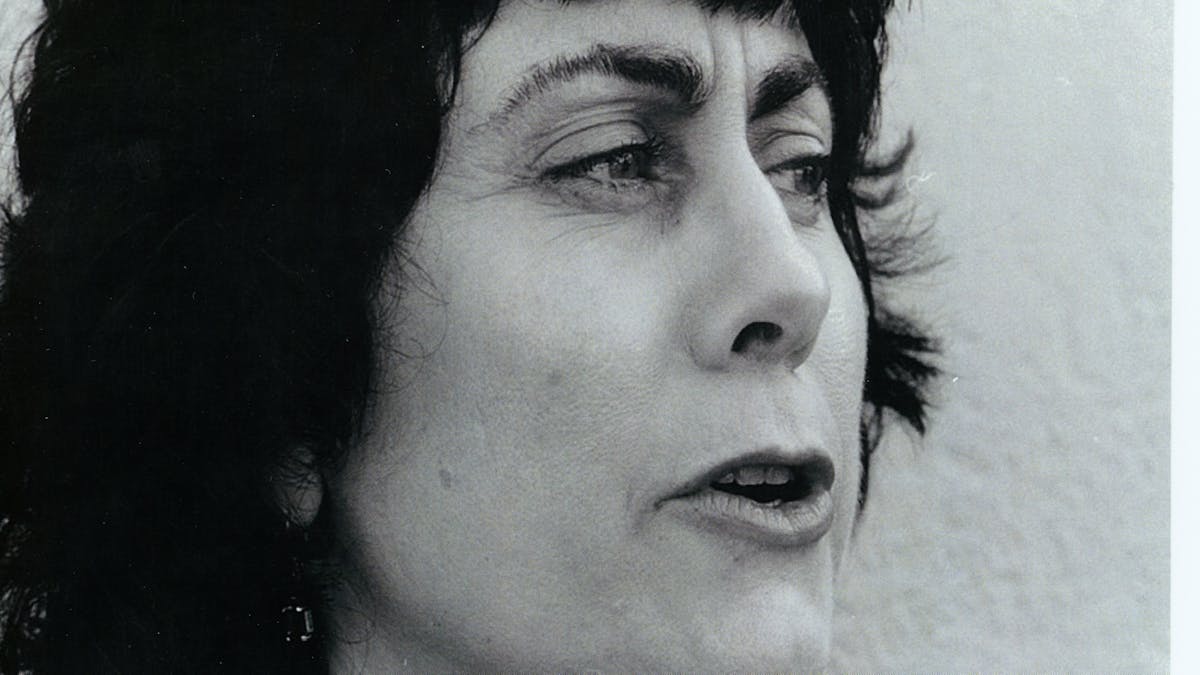
Marylee Orr Interview
Marylee began building bridges for environmental activism in 1983 after her second son was born with a lung disease. This prompted her to found the environmental organization Mothers against Air Pollution (MAAP), and in 1985 she became the co-chair of the newly formed statewide environmental organization, the Louisiana Environmental Action Network (LEAN). In 1987 LEAN made her its executive director. Orr’s organizing career began with a monumental win preventing the burning of PCB's in the African American community of Alsen, LA. She helped pioneer cooperation between environmental interests and labor unions during the historic BASF lock- out of the 1980's to create effective common ground problem solving that improved both worker and community health and safety. In 1991, Orr was selected as a United States delegate to the Global Assembly of Women and the Environment. With Marylee's leadership, LEAN has focused on using environmental challenges as an empowerment opportunity to not only solve health and safety issues but also address the fundamental injustices that undermine underserved communities across our state. Audio interview with Marylee Orr for Women Pioneers of the Louisiana Environmental Movement by Peggy Frankland, conducted by Jennifer A. Cramer, Director of the T. Harry Williams Center for Oral History. Copyright: Louisiana State University Special Collections. -
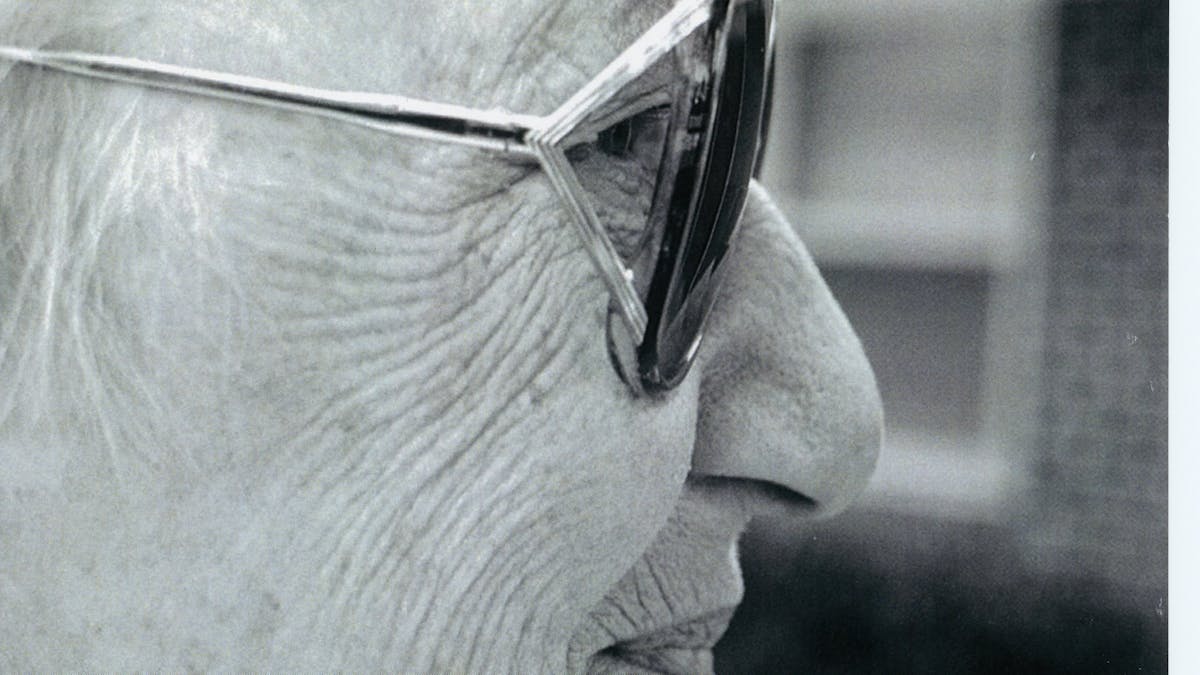
Lorena Pospisil Interview
Lorena started one of the first environmental groups in Louisiana in 1980, called Concerned Citizens of Cenla (CCC). In 1983, she stopped a proposed solid waste landfill from being built in the small rural community of Pollock, Louisiana. She helped prevent two other commercial solid waste landfills from being built in Rapides Parish. In 1987, she started the first successful recycling program in Alexandria, Louisiana. In 1988, she organized an informational conference in Alexandria, Louisiana to address and educate citizens about pesticides and the aerial spraying of pesticides and their effects on humans. She has participated on many state and local environmental committees and has served as president and board member of Louisiana Environmental Action Network (LEAN). Lorena enjoys spending time dining out with her gal pals, and creating children’s quilts and sending them to St. Jude’s hospital. On August 17, 2013, Lorna celebrated her 90th birthday. Audio interview with Lorena Pospisil for Women Pioneers of the Louisiana Environmental Movement by Peggy Frankland, conducted by Jennifer A. Cramer, Director of the T. Harry Williams Center for Oral History. Copyright: Louisiana State University Special Collections. -
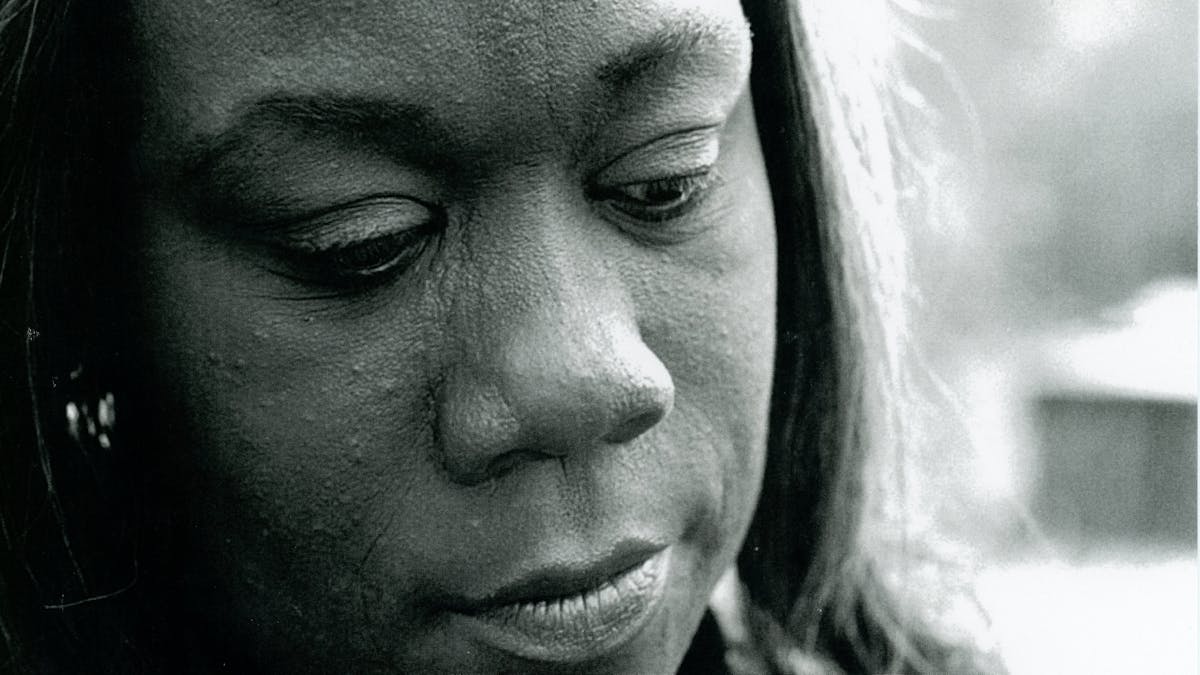
Debra Ramirez Interview
Debra Ramirez was born and reared in Mossville, Louisiana. Her environmental activism began in the 1980s after Condea Vista (SASOL) announced that ethylene dichloride (EDC), a suspected human carcinogen used in the production of PVC, had leaked into the groundwater beneath the neighboring Mossville community. She was a founding member of the environmental group Mossville Environmental Action Network (MEAN) established to address the EDC issue. The community was partially bought out in 1998 when a class action suit by local attorneys was settled for $32 million, including a $13.9 million property buyout fund for two thousand residents. In July 2013, the company now called SASOL offered a voluntary relocation program for the remainder of Mossville that wasn’t previously relocated. Debra has continued to work to improve the quality of the drinking water being provided to Mossville by the municipal system. She is also working on addressing the health impacts being experienced by Mossville community members. Audio interview with Debra Ramirez for Women Pioneers of the Louisiana Environmental Movement by Peggy Frankland, conducted by Jennifer A. Cramer, Director of the T. Harry Williams Center for Oral History. Copyright: Louisiana State University Special Collections. -
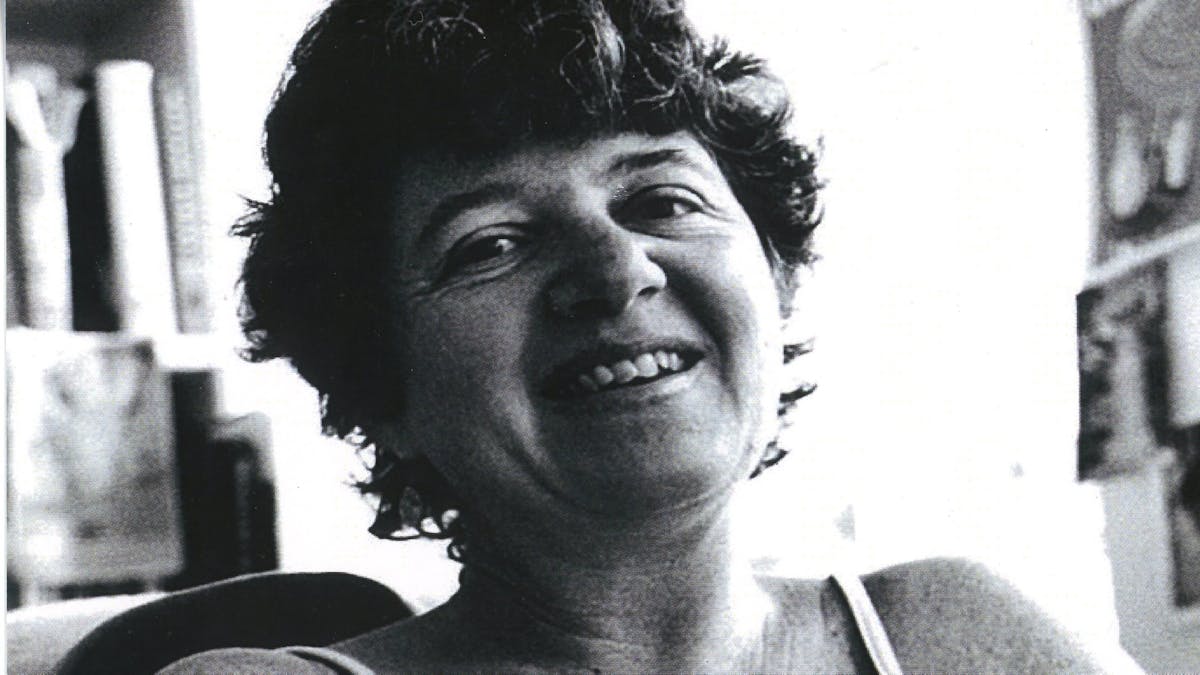
Mary Tutwiler Interview
Mary Tutwiler, formerly of New Iberia, Louisiana, has always embraced social issues, especially matters concerning the environment. In 1987 she joined and eventually led the environmental group War on Waste (WOW), organized to oppose a proposed residential and commercial solid waste landfill from being built in Cade, Louisiana. The group was successful and Waste Management was defeated in their proposal. Mary is the chef and owner of the Saint Street Inn in Lafayette, Louisiana. Audio interview with Mary Tutwiler for Women Pioneers of the Louisiana Environmental Movement by Peggy Frankland, conducted by Jennifer A. Cramer, Director of the T. Harry Williams Center for Oral History. Copyright: Louisiana State University Special Collections. -
Fernell Cryar Interview
Fernell Cryar’s activism began in 1987, after reading in the newspaper about five children living in Morgan City diagnosed with a rare form of cancer (neuroblastoma). She joined five other women to petition local and state officials to close the hazardous waste incinerator operated by Marine Shale Processors. 1997, ten years later the facility was closed and the owner agreed to pay more than $10 million to settle federal and state allegations that it incinerated hazardous waste without a permit and planned to sell the contaminated material as fill to the public. She and four other women from Morgan City were the recipients of an Environmental Protection Agency (EPA) award for their role in ensuring the safety of their community in the closing of the waste company. Audio interview with Fernell Cryar for Women Pioneers of the Louisiana Environmental Movement by Peggy Frankland, conducted by Jennifer A. Cramer, Director of the T. Harry Williams Center for Oral History. Copyright: Louisiana State University Special Collections. -
Flo Gossen Interview
Flo Gossen is a founding member of Save Our Homes and Land (SOHL). The environmental organization was created after Flo discovered the city of Lafayette wanted to expand the North Dugas municipal landfill by hundreds of additional acres. The original landfill was opened in 1980, and people in the area were already experiencing health issues. Flo and her co-hart Clara Baudoin sued the city of Lafayette and were successful in the defeat of the expansion. Flo is currently involved in a legal effort to appeal a ruling by the Department of Conservation allowing a permit for a commercial injection disposal well north of Rayne, Louisiana in Acadia Parish. Flo is concerned because not only will the Chicot Aquifer be affected, which is the sole source for drinking water for southwest Louisiana, but the permit will also allow for shale drilling waste to be brought in from other states. Audio interview with Flo Gossen for Women Pioneers of the Louisiana Environmental Movement by Peggy Frankland, conducted by Jennifer A. Cramer, Director of the T. Harry Williams Center for Oral History. Copyright: Louisiana State University Special Collections. -
Sally Herman Interview
Sally Herman was one of the first women to connect illness to waste (creosote) being incinerated in Morgan City at the Marine Shale Processors facility, and one of the first women in the area to challenge the company. She was a founding member of South Louisiana Against Pollution (SLAP). The group received an award from Citizens Clearinghouse for Hazardous Wastes (CCHW) for successfully stopping Marine Shale from accepting waste from the infamous floating New York garbage barge. She was one of five women from Morgan City who received the prestigious Environmental Protection Agency (EPA) award for their role in ensuring the safety of their community in the closing of Marine Shale’s waste facility. Audio interview with Sally Herman for Women Pioneers of the Louisiana Environmental Movement by Peggy Frankland, conducted by Jennifer A. Cramer, Director of the T. Harry Williams Center for Oral History. Copyright: Louisiana State University Special Collections. -
Catherine Holcomb Interview
A teacher, Catherine Holcomb was spurred into action after watching a news story about several unexplained cases of children diagnosed with neuroblastoma in the small community of Morgan City. One of those young children diagnosed with the cancer---Nicole Price---was the same age as Catherine’s daughter. She and three other educators from Morgan City spent ten years attending and testifying at hearings until the facility was closed. She was a founding member of the Atchafalaya Delta Society, organized to address the Marine Shale Processors incinerator. She and four other women from the area were recipients of the award from the Environmental Protection Agency (EPA) for their role in ensuring the safety of their community in the closing Marine Shale Processors. She just recently retired after thirty-three years of teaching in the Louisiana public school system. Audio interview with Catherine Holcomb for Women Pioneers of the Louisiana Environmental Movement by Peggy Frankland, conducted by Jennifer A. Cramer, Director of the T. Harry Williams Center for Oral History. Copyright: Louisiana State University Special Collections. -
Monica Mancuso Interview
Monica Mancuso, an educator in Morgan City became involved in the environmental movement after being appointed to a parish committee and asked to tour the Marine Shale facility. She was disturbed at the way the waste was being handled. Shortly after the tour, she learned that doctors at Ochsners in New Orleans were concerned about the five cases of children diagnosed with neuroblastoma in her parish. Thus, began her ten year involvement that ultimately let to the facility being closed in 1997, and the owner fined $10 million for environmental violations. Monica was one of five women recognized by the EPA for her leadership role in the closure of the facility. Audio interview with Monica Mancuso for Women Pioneers of the Louisiana Environmental Movement by Peggy Frankland, conducted by Jennifer A. Cramer, Director of the T. Harry Williams Center for Oral History. Copyright: Louisiana State University Special Collections. -
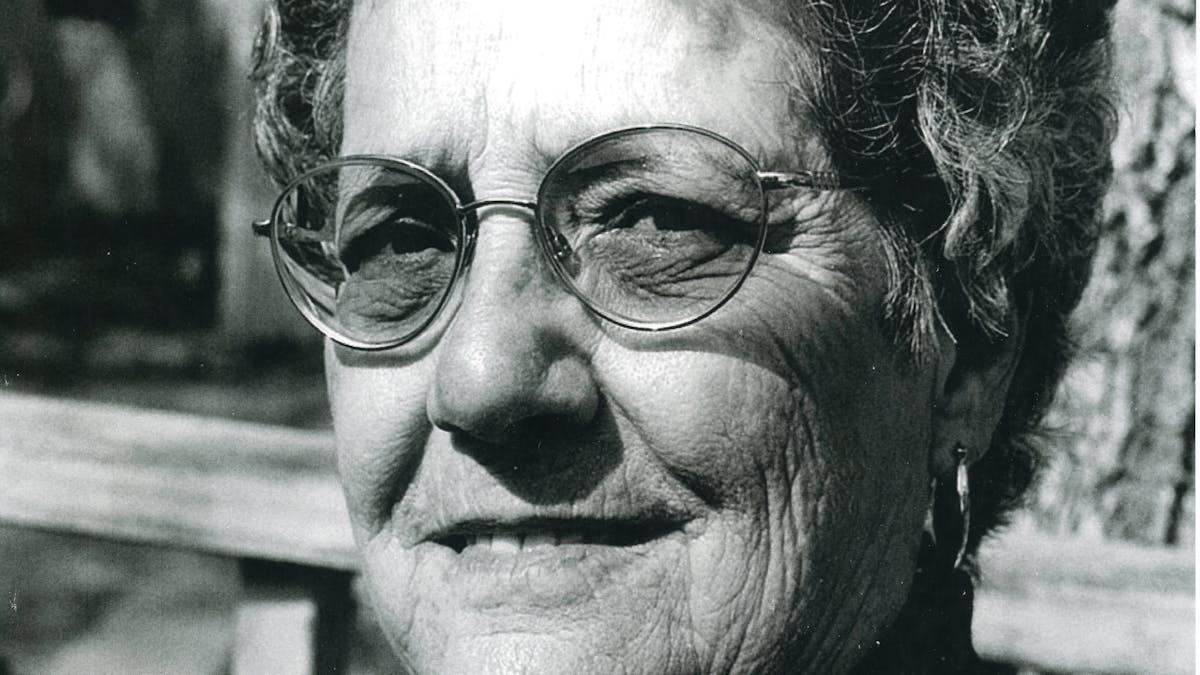
Gerry Ardoin Interview
Gerry Ardoin of Iowa, Louisiana, challenged local and state public officials and one of the most powerful landowners in Calcasieu Parish—and won. After a six-and-a half year fight, and only $3,000.00, she stopped Western Waste, a major corporation from building a municipal solid waste landfill, five hundred feet from her retirement home. Gerry formed the environmental club Iowans for a Clean Environment (ICE). She also worked on various other environmental issues in Calcasieu Parish. Audio interview with Gerry Ardoin for Women Pioneers of the Louisiana Environmental Movement by Peggy Frankland, conducted by Jennifer A. Cramer, Director of the T. Harry Williams Center for Oral History. Copyright: Louisiana State University Special Collections. -
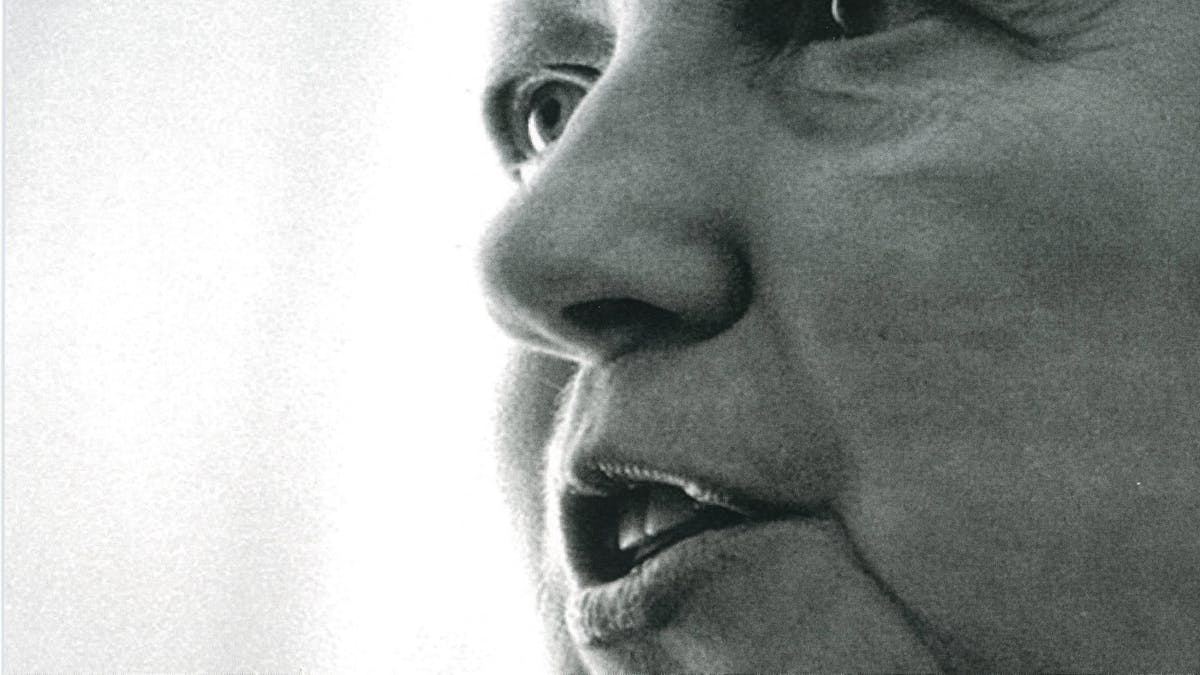
Shirley Goldsmith Interview
Shirley Goldsmith was the founder of Calcasieu League for Environmental Action Now, Inc. (CLEAN) established in 1982 to address environmental concerns in Calcasieu Parish. CLEAN was one of the earliest environmental groups in Louisiana and at its peak, there were over 500 members. Under Shirley’s skillful leadership, CLEAN was instrumental in stopping At Sea Incineration (ASI), a multi-million dollar project proposed for the Gulf of Mexico. She was well known not only in Louisiana but around the United States for her passion to stop ocean incineration from burning toxic waste in the Gulf of Mexico. In 1986 she was invited to testify before Congress with Jacques Cousteau and others interested in the ASI project. On many occasions, she traveled to Texas to work with a group there on the same issue. Shirley played a key role in the closure of the Willow Springs hazardous waste landfill, and many other environmental issues in Calcasieu Parish. Audio interview with Flo Shirley Goldsmith for Women Pioneers of the Louisiana Environmental Movement by Peggy Frankland, conducted by Jennifer A. Cramer, Director of the T. Harry Williams Center for Oral History. Copyright: Louisiana State University Special Collections. -
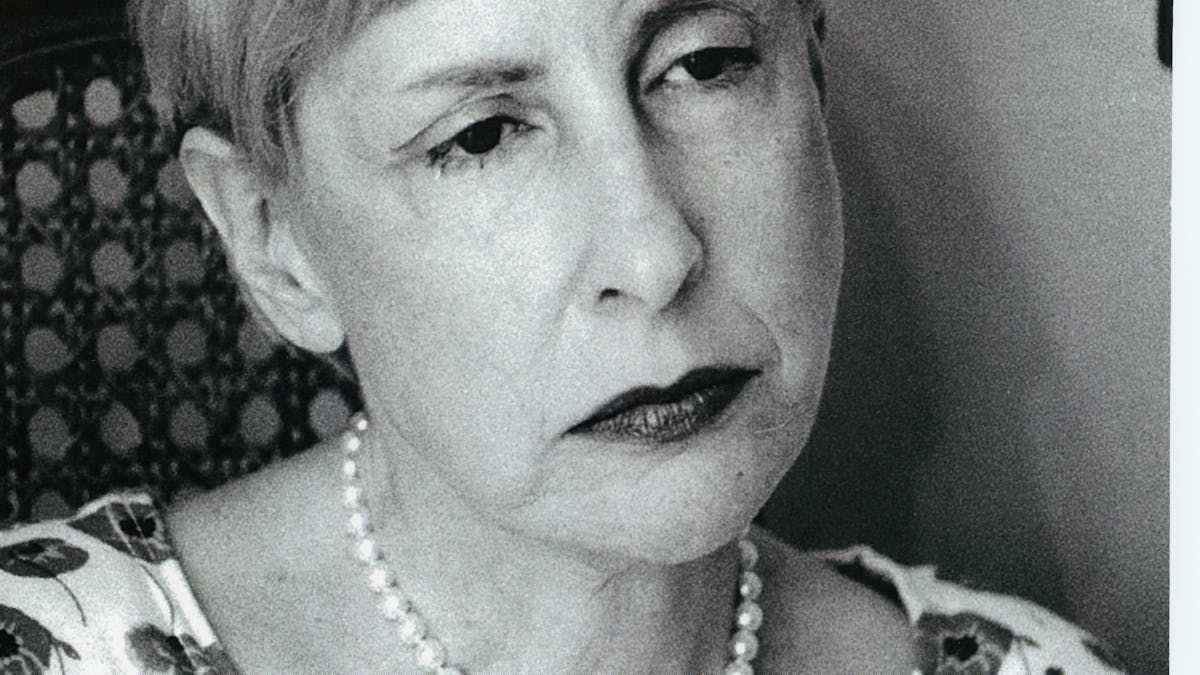
Maureen O’Neill Interview
Maureen, a former resident of New Orleans, served as director of planning for the New Orleans Sewerage and Water Board from 1982 through 1988. In 1986, she helped stop plans to dump radioactive gypsum into the Mississippi River—the sole source of drinking water for New Orleans. In 1988, Governor Buddy Roemer appointed Maureen assistant secretary for water resources for the Louisiana Department of Environmental Quality (DEQ), where she set standards for public participation at the agency. She established new water regulations, increased enforcement, and passed some of the most comprehensive water quality standards in the state’s history. She developed an online constant-monitoring program for major industrial discharges and expanded the Lower Mississippi River Warning System to protect the drinking water of 1.5 million people. In 1992 Maureen joined the US Environmental Protection Agency (EPA) as a senior policy advisor in Washington, DC where she worked on the Middle East Peace Process and global water issues. She recently retired from EPA and currently resides in New York City. Audio interview with Maureen Oneill for Women Pioneers of the Louisiana Environmental Movement by Peggy Frankland, conducted by Jennifer A. Cramer, Director of the T. Harry Williams Center for Oral History. Copyright: Louisiana State University Special Collections. -
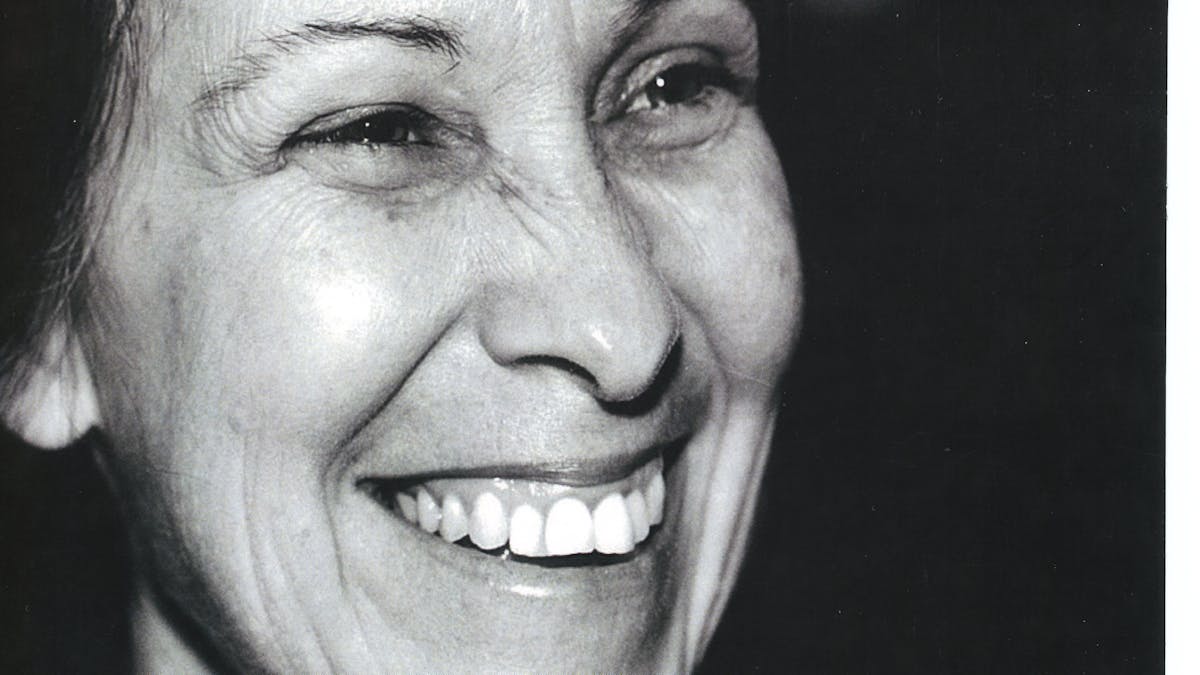
Liz Avants Interview
Liz Avants is a founding member of the environmental group Alliance against Waste and Action to Restore the Environment (AWARE) established in 1986 to address a permit proposal by Dow Chemical to erect a hazardous waste incinerator in her community. She worked closely with her cousin Les Ann Kirkland and through their efforts and perseverance Dow was denied a permit for the incinerator. She also worked on the successful defeat of the Spanish Lake solid waste landfill in her parish. She is a founding member of the statewide group Louisiana Environmental Action Network (LEAN). Liz has been retired from DOTD for six years. Today, she cares for her elderly father and enjoys babysitting and playing with her grandchildren. Though she feels that most haven’t learned from past errors she is still hopeful that things will change for her grandchildren and their children. Audio interview with Liz Avants for Women Pioneers of the Louisiana Environmental Movement by Peggy Frankland, conducted by Jennifer A. Cramer, Director of the T. Harry Williams Center for Oral History. Copyright: Louisiana State University Special Collections. -
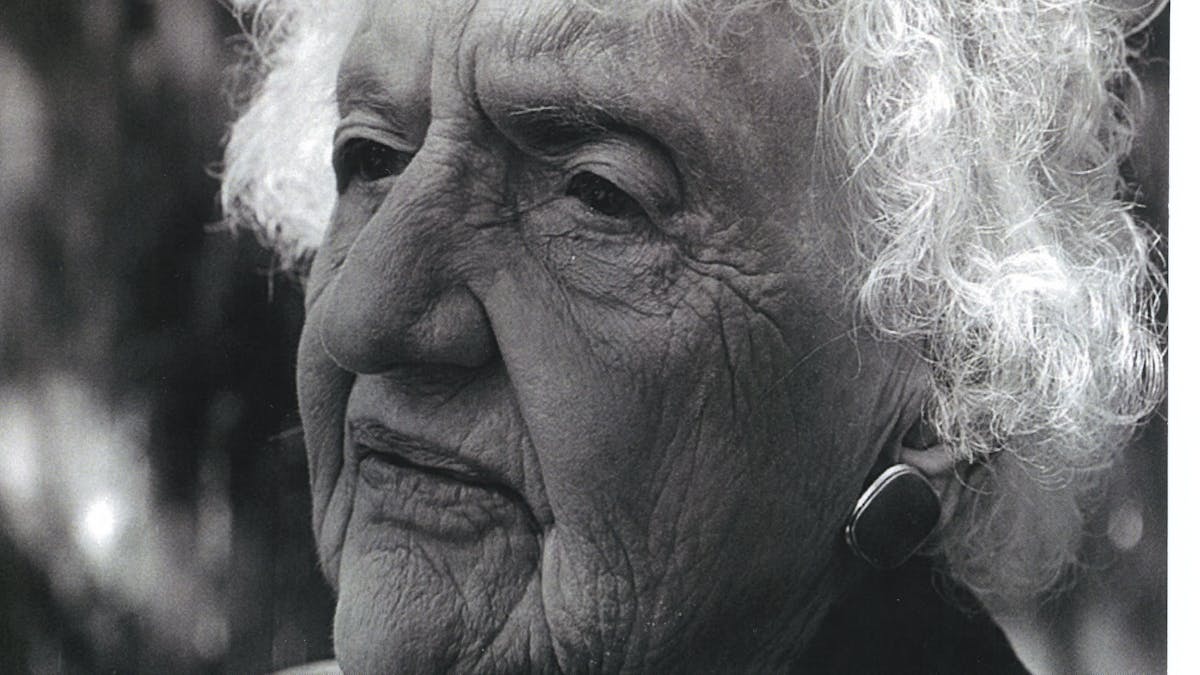
Mildred Fossier Interview
Mildred Fossier was the first New Orleans woman to be named the full time director of a city department in New Orleans. Besides directing the city’s Welfare Department and the Park and Parkway Commission in the 1970s, she was a full time committed, passionate environmentalist. She cofounded the Mayor’s environmental breakfast, she was an environmental advisor to Mayor Sidney Barthelemy, she cofounded the New Orleans Citizens for Urban trees (known as NOCUT), she was instrumental in the fight to stop Freeport McMoRan from dumping gypsum into the drinking water supply of New Orleans, and she helped to preserve Bayou Sauvage, the largest wildlife refuge in the United States. A bicycle path in the refuge was named in her honor. She was active in the League of Women Voters and was an active participant in civic affairs until her death in December, 2011, at the age of 98. Audio interview with Mildred Fossier for Women Pioneers of the Louisiana Environmental Movement by Peggy Frankland, conducted by Jennifer A. Cramer, Director of the T. Harry Williams Center for Oral History. Copyright: Louisiana State University Special Collections. -
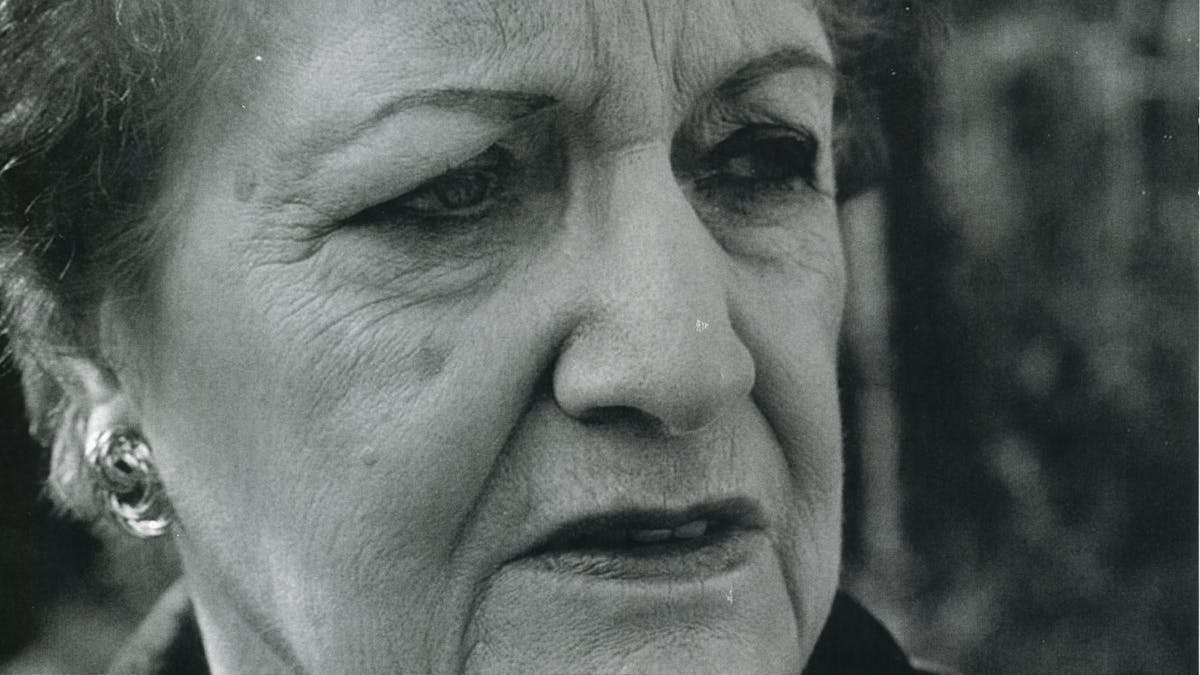
Ruth Sheperd Interview
Ruth Shepherd was one of the first women pioneers in the Louisiana environmental movement. She credited her inspiration for the protection of the earth to Rachel Carson, her hero. She started her activism in 1978 when the High Hope Road Committee (HHRC) was founded in Calcasieu Parish to address the hazardous waste landfill located in the Willow Springs community, established by slaves in the 1800s. The HHRC was one of the first groups to cross the boundaries of race and African Americans and whites worked as a team. Ruth was a founding member and served as president of Calcasieu League for Environmental Action Now, Inc. (CLEAN) founded in 1982. Ruth’s participation in the environmental movement was instrumental in the closure of the BFI/CECOS Willow Springs landfill in 1984. Until her death in 2006, at age 84, Ruth was an avid environmentalist. Audio interview with Ruth Sheperd for Women Pioneers of the Louisiana Environmental Movement by Peggy Frankland, conducted by Jennifer A. Cramer, Director of the T. Harry Williams Center for Oral History. Copyright: Louisiana State University Special Collections. -
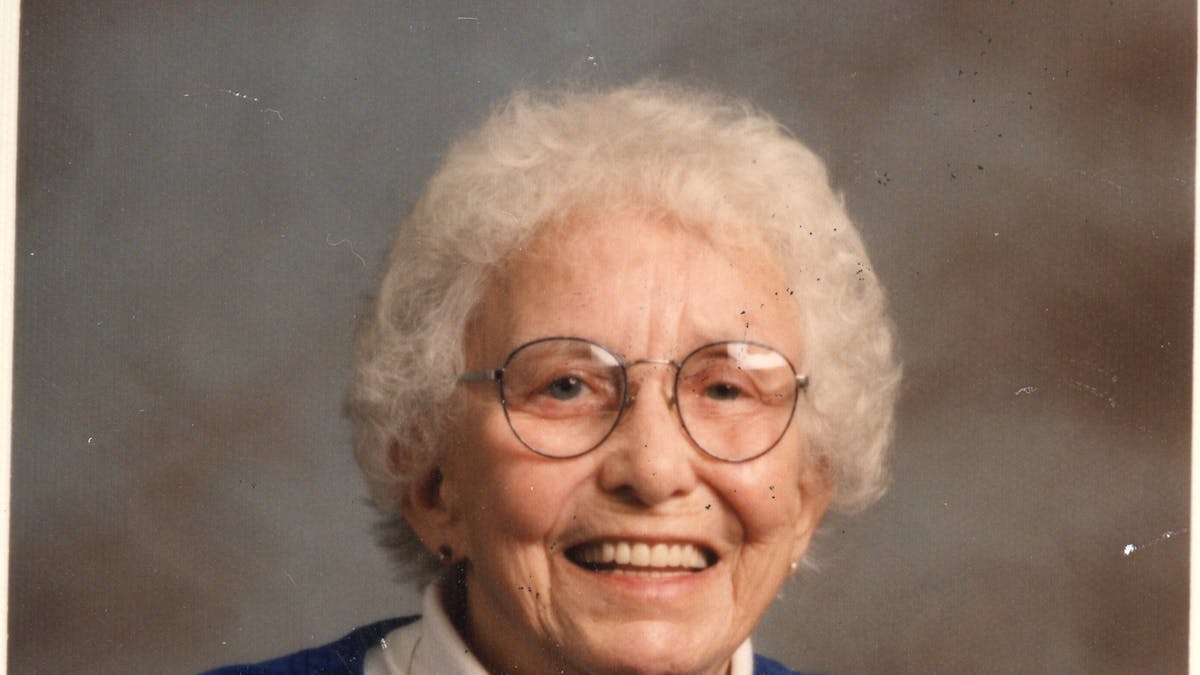
Ann Williams Interview
Ann Williams became an activist after her retirement as a school teacher in Buras, Louisiana. She was the founder and president of Protecting the Environment and Ecological Resources (PEER). She successfully led the fight to stop an oilfield waste treatment plant from locating in Myrtle Grove, Louisiana. She was featured on 60 Minutes in the 1980s in reference to being sued for a million dollars by the company she opposed. At the time the suit was filed Ann was in her seventies and was very unsettling about the possibility of losing her home of fifty years. On January 5, 1989, she received the Governor’s Award for Outstanding Service and Dedication. Audio interview with Ann Williams for Women Pioneers of the Louisiana Environmental Movement by Peggy Frankland, conducted by Jennifer A. Cramer, Director of the T. Harry Williams Center for Oral History. Copyright: Louisiana State University Special Collections. -
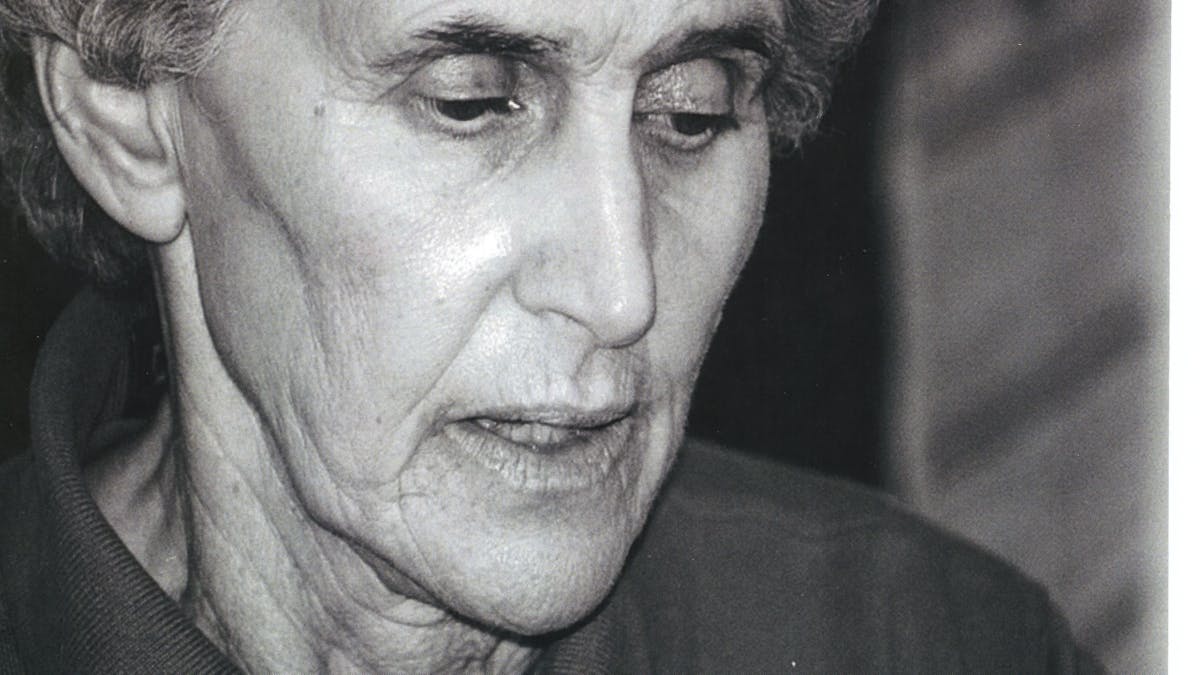
Helen Vinton Interview
In 1980, Sister Helen Vinton went to work in New Iberia for the Southern Mutual Help Association (founded in 1969, SMHA), a nonprofit organization dedicated to creating viable, healthy, rural communities through affordable home ownership for some of Louisiana’s poorest families, as well as comprehensive sustainable economic development for farmers and fishers. She and her friend Lorna Bourg worked together for SMHA on pesticide safety issues in south Louisiana. They were successful in getting buffer zones established around area hospitals, schools, and homes to protect children and families from aerial pesticide application. In the late 1980s, Sister Helen served on Commissioner Bob Odom’s Department of Agriculture Environmental Pesticide Committee and used this venue to advocate pesticide safety. She received the Mother Theodore Guerin Medallion from her alma mater, Saint Mary-of-the-Woods. Today, she is currently working with the Vietnamese communities in Louisiana on fishing issues and their needs to recover from the hurricanes and the BP disaster. Audio interview with Helen Vinton for Women Pioneers of the Louisiana Environmental Movement by Peggy Frankland, conducted by Jennifer A. Cramer, Director of the T. Harry Williams Center for Oral History. Copyright: Louisiana State University Special Collections. -
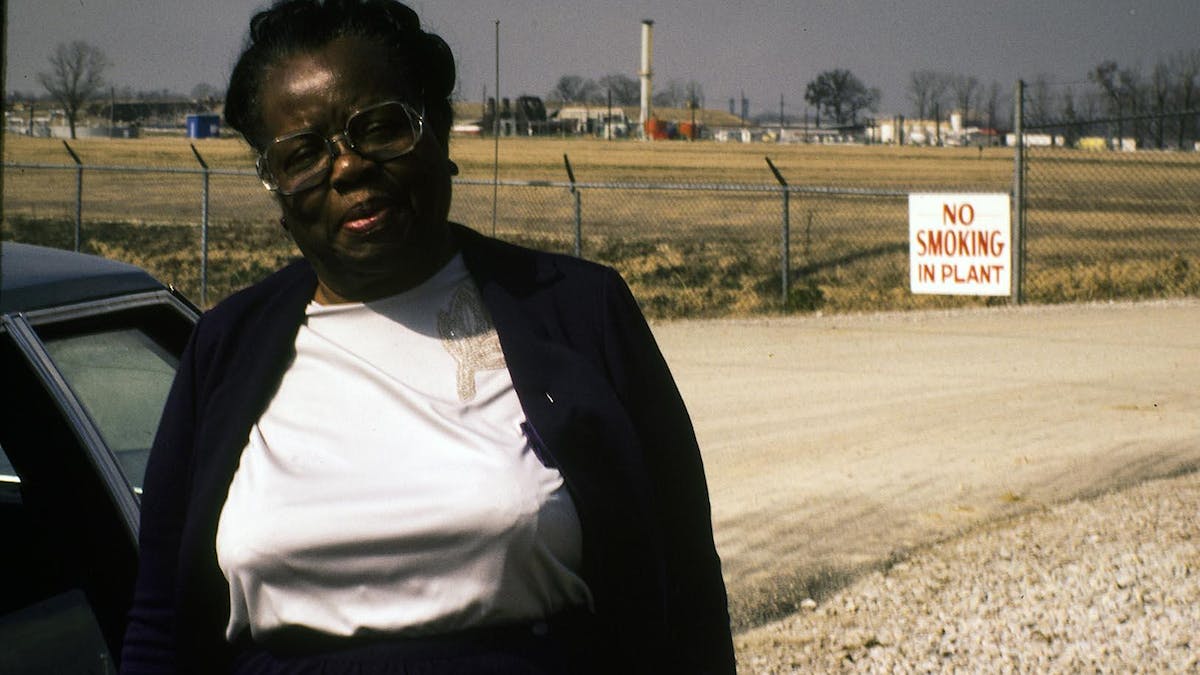
Mary McCastle Interview
Mary McCastle began her involvement with the environmental movement in 1980 when she organized and started the environmental group Coalition for Community Activism (CCA). She became an environmental advocate because she and many other members of her rural African American community suffered from a variety of health problems, problems that they attributed to the Rollins Environmental Services, Inc. hazardous waste facility. Mary spent many hours in Baton Rouge on behalf of her community, lobbying to close Rollins. She was one of the first African American women in Louisiana to challenge industry and demand change. In the 1980s, because of her activism, she was invited to speak at Citizen’s Clearinghouse for Hazardous Wastes (CCHW) national environmental conference. Audio interview with Mary McCastle for Women Pioneers of the Louisiana Environmental Movement by Peggy Frankland, conducted by Jennifer A. Cramer, Director of the T. Harry Williams Center for Oral History. Copyright: Louisiana State University Special Collections.
The LEAN Empowerment Center is the physical space that houses LEAN's archive and offices. In addition to LEAN's ever-expanding multi-media archive, LEAN's Empowerment Center includes a library and community meeting space. All these resources are available to the general public and create an unprecedented educational opportunity exploring critical facets of Louisiana’s history that have gone underrepresented for far too long.
LEAN's Archive and Empowerment Center is not limited to our small physical footprint. We work to synthesize our Community Archive into education and illustrative tools that live online(see our Community Atlas) and in person at various locations. Contact us about where you can find LEAN's current exhibits or if you'd like to host one.
